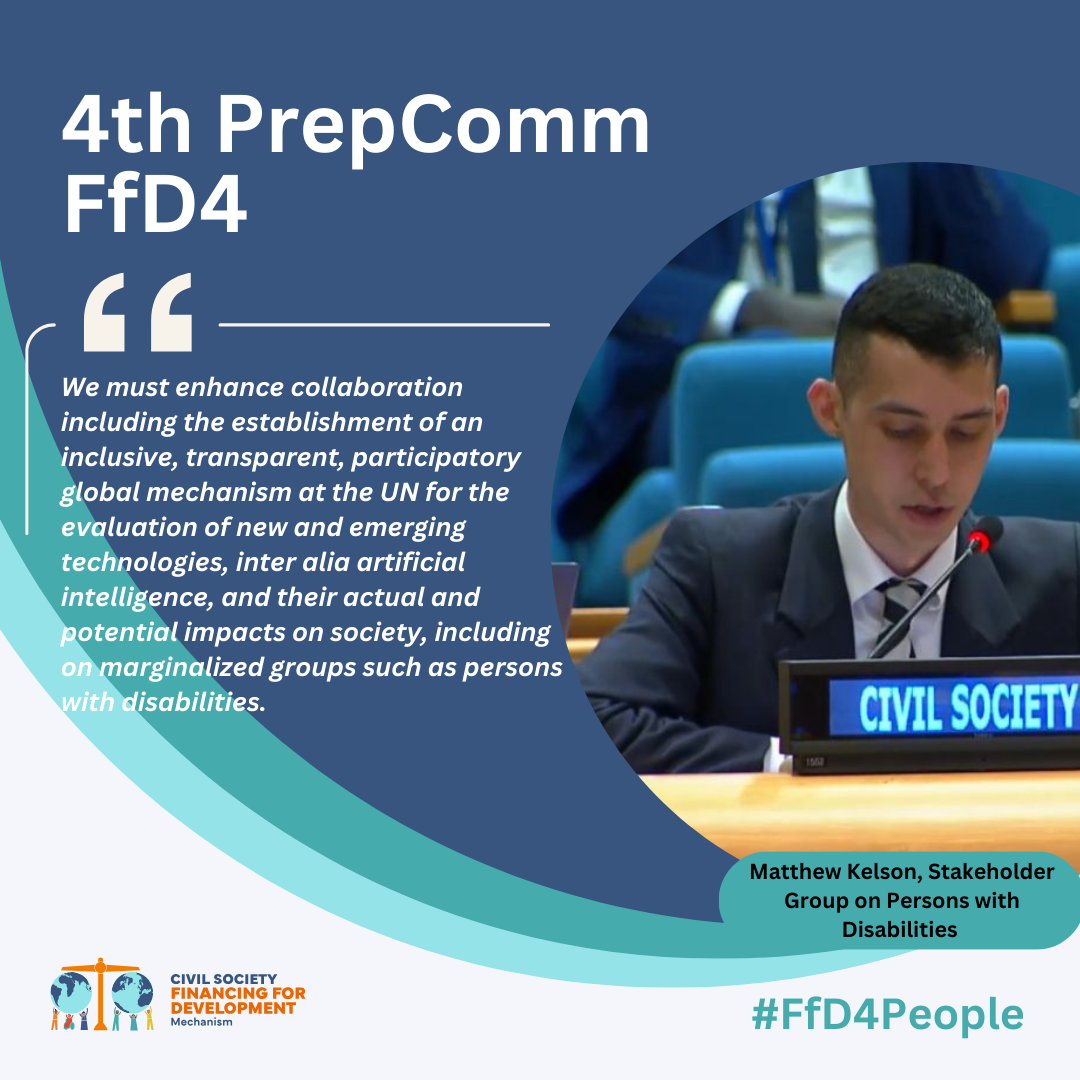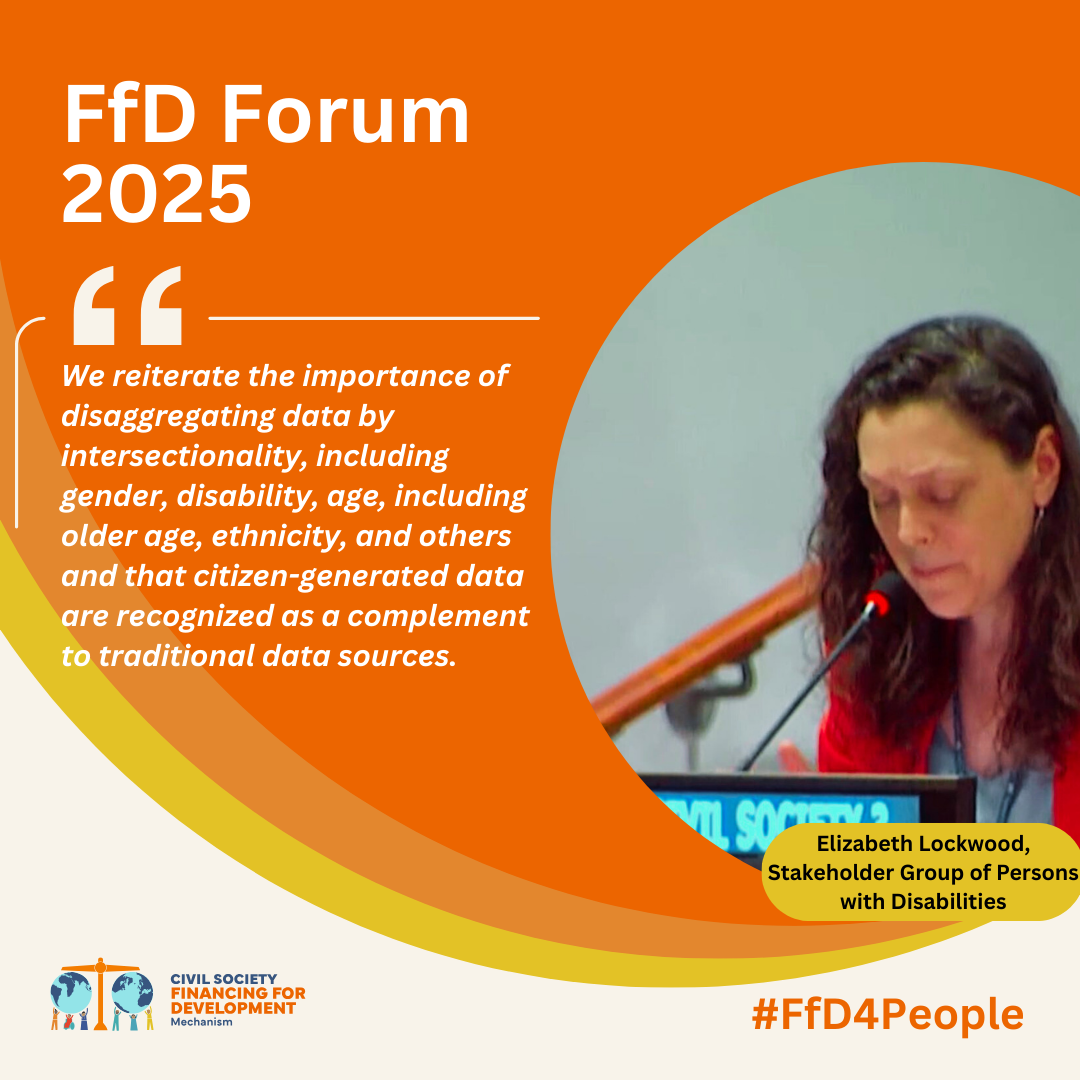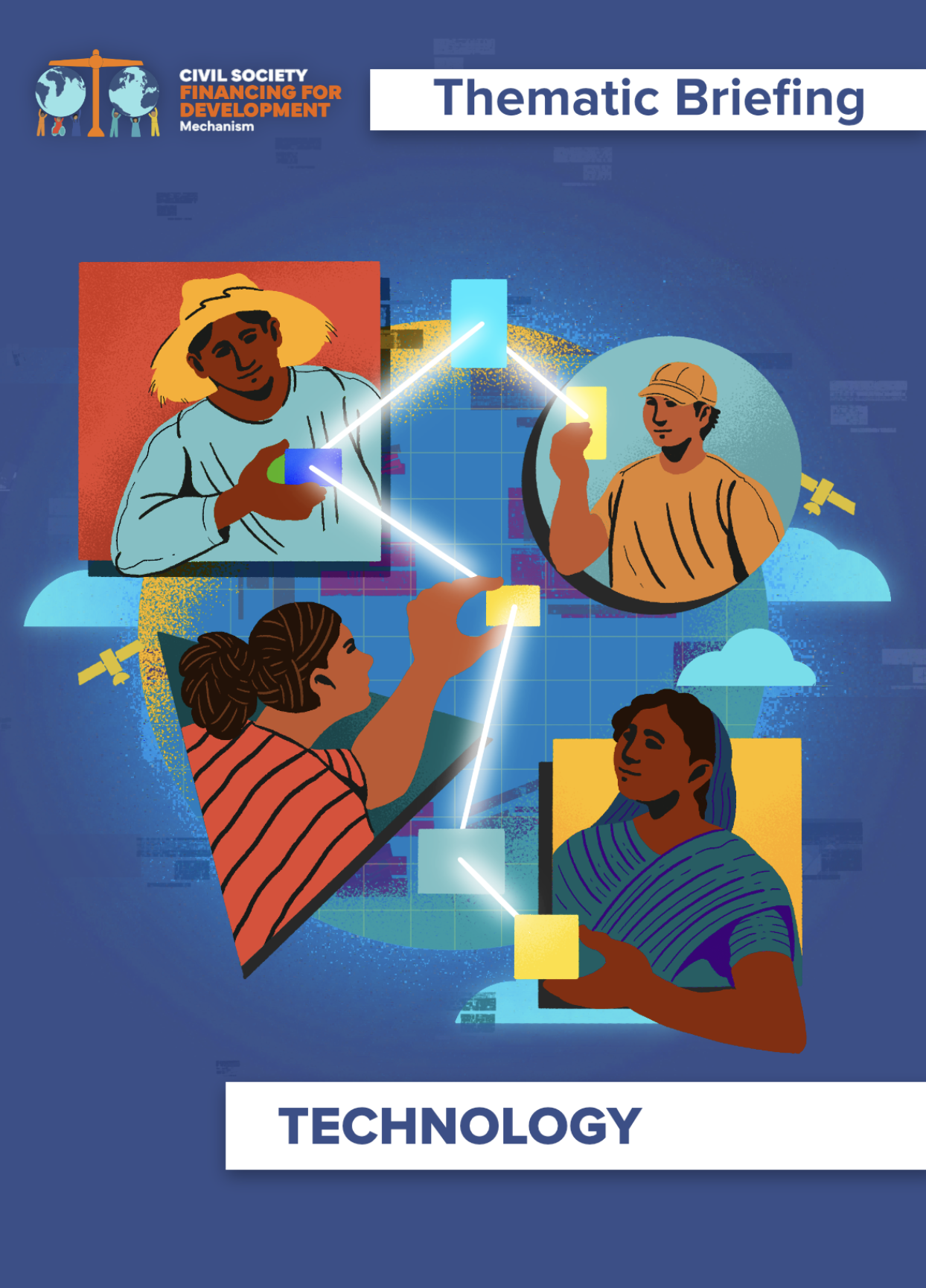Through this thematic pillar of the UN FfD process we confront the misconception that digital advancements inherently foster inclusivity and equitable progress. History reveals that technological disruptions often exacerbate marginalization. To shift this narrative, addressing power imbalances is imperative.
The Challenge
There is a misguided assumption that digital technologies will bring inclusiveness and will lead us to the path of “Leaving No One Behind.” The history of technological disruptions tells us otherwise. The only way that we can change the narrative of technological disruptions and marginalization is to change the power relations that brought us to this world of dehumanizing inequality. Governments should also consider the issue of market concentration and monopoly practices among technology and other companies, which can result in market distortions and poor working conditions. International coordinated action should be taken to address market concentration.
The global pandemic has also exposed the extent and further exacerbated the Digital Divide – the already wide and still widening gap in access to digital technology and infrastructures between the North and South, between men and women across the world, and between urban and rural communities within countries.
More recently, the UN Secretary General has made a controversial proposal to establish a multistakeholder body led by technology companies to govern digitalization. Amid these disparate efforts at the global and national levels, there remains a huge vacuum in governance of digital technologies that needs to be addressed with a sense of urgency to protect human rights and assert the mandate of democratic institutions over corporate interests.
Our Recommendation
Establish a global technology assessment mechanism at the UN: As the UN, governments and institutions grapple with the governance of digital technologies, there is an urgent need for broad, transparent, inclusive, accessible and participatory deliberations on the current and potential impacts of these technologies on the environment, the labor market, livelihoods and society. Horizon scanning and foresight capacities need to be developed and should involve identifying options beyond technological solutions. Governance measures on technologies is not just about regulation but ensuring that the common good remains as the ultimate goal and takes precedence over profits.


